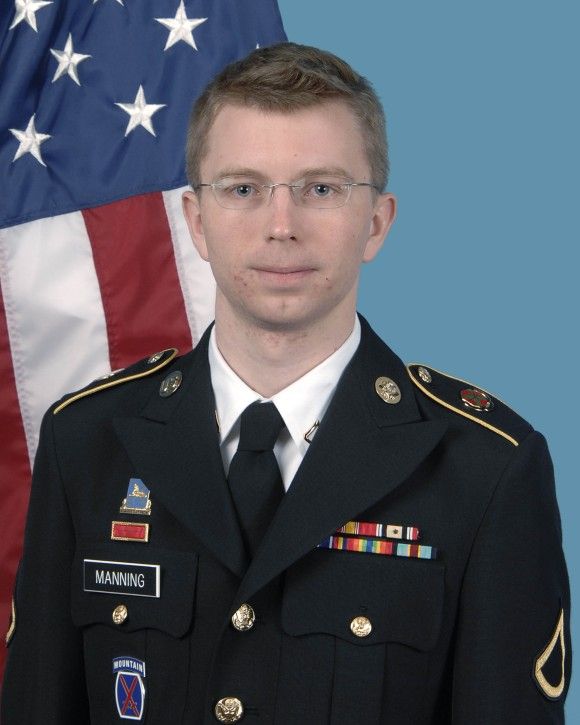- WIADOMOŚCI
German-Dutch Armoured Units Headed to Poland
Bison Drawsko exercise has begun in Germany. The operation is going to involve, among other units, soldiers hailing from the 414th German-Dutch armoured battalion. At the further stages of the exercise, the aforesaid units, involved in the training, will be deployed to Drawsko Pomorskie in Poland. 500 Polish troops will participate in the second stage of training.
As the official release issued by the Bundeswehr reads, the aforesaid Bison Drawsko exercise will involve a single company of the 414th Armoured Battalion, including several Dutch-German elements operating the Leopard 2A6 main battle tanks. Dutch 43rd Mechanized Brigade is the main unit involved in the operation, utilizing the CV-90035NL IFVs, while the whole training would involve even 4500 soldiers, hailing from the Netherlands, Poland, Germany, Estonia, Canada and the United States of America.
Bison exercise is a Dutch training operation (...) We can confirm that it is going to take place in Poland, with involvement of around 500 Polish soldiers. The operation is planned to take place between January and February 2017. It is correlated with deployment of the ABCT element.
In his statement given for Defence24.pl, Lt. Col. Szczepan Głuszczak of the Polish General Command of the Armed Forces noted that the Dutch party plays a role of the organizer. Nonetheless, he confirmed the fact that the operation would take place between January and February, and that the exercise is planned to involve around 500 Polish soldiers.
Formally, the operation is scheduled to begin on 11th January. At the first stage, the company hailing from the 414th Battalion is to operate within the Jägerbrück range located in North-East Germany, close to the Polish border, under the jurisdiction of one of the Dutch battalions.
During the second phase of the operation, a German platoon is going to be subordinated to another Dutch battalion, and then the unit would be deployed to Drawsko Pomorskie. According to the Germans, this is to happen on 11th February, while the whole operation is to come to an end in the second half of that month.
During the Bison exercise, training of the Dutch brigade in a new structure would be organized. The unit has been, operationally subordinated, to the German 1st Armoured Division, meanwhile, its composition also includes the 414th armoured battalion of the Bundeswehr (with a single Dutch company). The latter unit was to originally play a reserve role, but in the light of the variable security context, it is gradually reacquiring full combat readiness.
It shall be noted that following the cuts that were a ramification of the economic crisis, the Royal Netherlands Army was to get rid of the main battle tanks altogether. 100 Leopard 2A6 vehicles were sold to Finland. However, the tanks left within the Dutch inventory will probably be used in a brigade-type element, which will make it possible for the unit to include a fully capable armoured battalion within its structure. On the other hand, the Germans also place a great emphasis on the cooperation with the Netherlands, within the context of reinforcing the Pan-European defence capabilities.
It is worth to note that the Polish Army is also expanding the cooperation with the Bundeswehr, in the armoured domain. In the second half of last year, units of the German 41st Mechanized Brigade have been involved in an exercise of a myriad of units of the 11th “Lubuska” Armoured Cavalry Division.
In 2015, a decision has been made to subordinate one of the armoured battalions of the 34th Armoured Cavalry Brigade, so that it would operate following the German orders, while the 34th Brigade took over the command over one of the German Mechanized Infantry battalions, belonging to the 41st Brigade. Such solution was to increase the interoperability between the armies of both states, and also it would have a positive impact on the readiness of both units in general. Obviously, both nations retain full freedom, within the scope of using the forces during the peacetime and wartime.
The military collaboration with Germany, also within the context of the provisions made during the NATO Summit in Warsaw, is spoken of highly by the Polish Minister of Defence, Antoni Macierewicz. The memorandum of understanding which lays a foundation for mutual subordination of the battalions has been concluded by the former Polish Defence Minister, Tomasz Siemoniak.
















